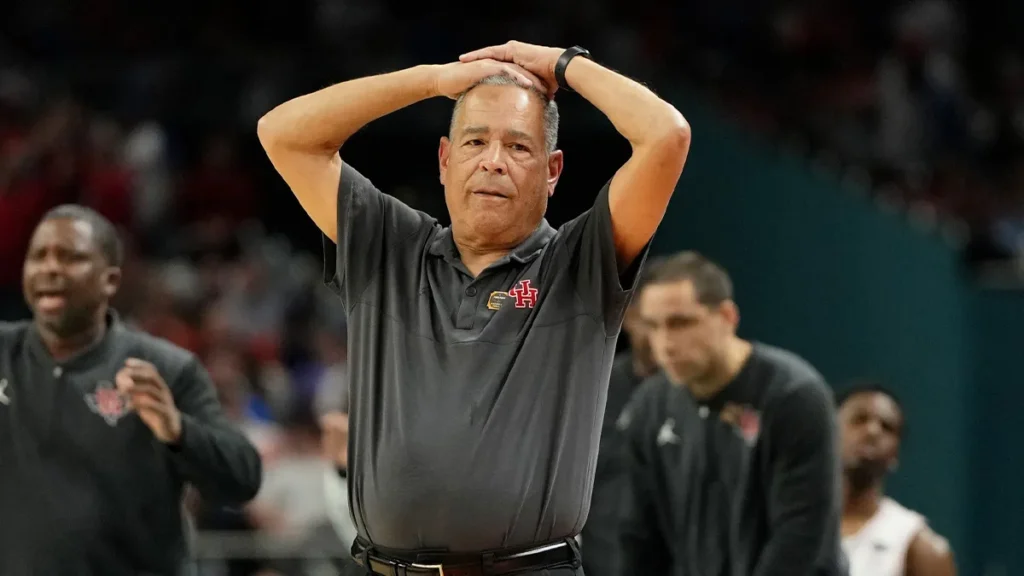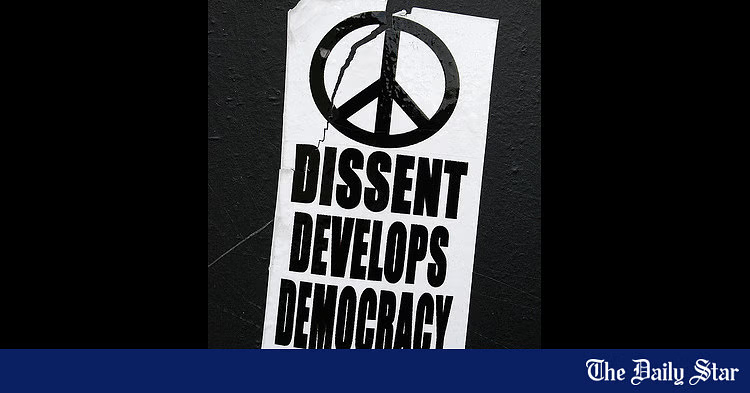
Break Time. We are heading to the beach for a break. Next week is Easter and Passover. I will not be writing a blog next week. I hope everyone has a good holiday. Happy Easter. Happy Passover.
March Madness Ended in April. Basketball gave me a welcome respite this week. The men’s games were exciting. The women’s championship was not exciting—congratulations to Connecticut for a dominating performance. In addition to some good basketball, several stories about coaches off-the-court were interesting.

For example, early in his career and marriage Kelvin Sampson, Head Coach of Houston, realized that during a season he was missing too much time with his children. Therefore, he held team meetings in his home, thus giving him the opportunity to eat supper with his children and for them to be around him. Happily, the family bonds developed. His son is an Assistant Coach for Houston and his daughter is the Director of Basketball Operations.

Much of Alabama was saddened to see Auburn lose to SEC rival Florida. However, the publicity around the team gave me a new respect for their coach, Bruce Pearl. Although I respected him as a coach, several incidents made him less than my favorite person. I have been rethinking about my respect for him.
The coverage of how he loves his players and how they love him was heartwarming. The key to their relationship is faith. He is Jewish, but does not expect his players to practice Judaism. He strongly encourages his players to have and practice their own faith. A good story for this time of year
As we enter the week of Passover and Easter — tolerance is a great reminder for all of us, especially in the political combativeness in which we find our nation.

Proper and Improper Dissent. Recently, I was moved by a commentary that appeared in AL.com. Two Jewish writers reflected on an important issue in America. I asked my Iowa mentor, who is Jewish, to read and advise me before I did anything with the article. I value and thank him for his advice.
Some may disagree with secondary aspects of the article. However, if we keep in mind Hamas started the war, antisemitism is real, criticism of Israel’s policies is not the same as criticizing Judaism and the authors are writing about dissent in the United States then I think the main point of the article is worth reflection.
Weaponization of antisemitism silencing dissent. As Jews in Alabama we say ‘Not in our name’
By Allison Berkowitz and Leah Nelson
This is a guest opinion column
Antisemitism is real, and it is terrifying. As Jewish people living in Alabama, we have both experienced it firsthand: being told we should die; being accused of controlling the media, the banks, and the weather; even being physically assaulted just for being Jewish. True antisemitism must be condemned and fought.
But in recent months, we have seen something deeply troubling: accusations of antisemitism being weaponized to silence criticism of Israel’s political decisions and to punish those who stand up for Palestinians. That does not serve to protect Jewish people. Instead, it suppresses necessary political discourse.
A growing number of people — including students and everyday community members — are speaking out about the humanitarian crisis in Gaza. Many do so, not out of hatred for Israel, but out of a deep concern for Palestinian lives. Yet, they are being painted as antisemitic, pro-Hamas, or anti-Jew. Some are even facing life-altering consequences for their speech.
We do not know why the University of Alabama doctoral student, Alireza Doroudi, who has not been charged with a crime or even connected with a protest movement, was detained this week. But in recent weeks, we have seen former and current students across America like Mahmoud Khalil, Rumeysa Ozturk, and Yunseo Chung detained for their involvement in speaking up for Palestinians. The official reason given for their detentions is that they were “spreading antisemitism in a way that is contrary to the foreign policy of the U.S.”
Over the same few weeks, we have also seen institutions of higher education lose hundreds of millions of federal dollars in research funding because of alleged failures to protect Jewish students from antisemitism, usually in response to student demonstrations of solidarity with the people of Gaza, and against Israeli politics.
This should alarm all of us. The federal government has no business deporting people, or defunding universities, based on its objections to their viewpoints. These anti-Constitutional, un-American actions are purportedly being undertaken in the name of protecting people like us on college campuses. And so, we are compelled to speak out.
Judaism is a religion. Israel is a country. The two are not interchangeable. Contrary to the working definition of antisemitism adopted both federally and here in Alabama, criticizing and protesting the political choices of Israel’s government — choices that have led to the deaths of approximately 50,000 Palestinians in the past year and a half — is not inherently antisemitic. We would not claim that criticizing U.S. foreign policy, even stridently, makes someone anti-American. Despite Secretary of State Marco Rubio’s comments to the contrary, “raising a ruckus” is a proud American tradition, protected by the First Amendment.
For Jews, talking about all this can be challenging. Many American Jews, including us, come from families traumatized by generations of persecution and genocide. We grew up at the knees of elders who told us about their experiences being terrorized and forced to leave homes in Europe, and who often wove undying gratitude for Israel as a safe place for Jews into the telling. This can make the complexity of Middle East politics hard to talk about, even as we see Palestinians in Gaza demonstrating against Hamas and Israelis in Tel Aviv protesting Israel’s government.
But the fact is that American Jews’ opinions on Israel and its government are diverse and nuanced. While research shows most identify as Zionists and feel a strong connection to Israel, a significant number also express concerns about its policies towards Palestinians. Under the definition of antisemitism being used by the current administration, some of these views might be considered antisemitic. When a definition of antisemitism includes features that would mark many American Jews as antisemites, the problem is the definition, not the Jews.
If Americans truly care about protecting Jewish people, we must ensure the term “antisemitism” retains its meaning. We must call out real hatred when it occurs, but we must also reject attempts to manipulate fear for political ends. Deporting people and defunding education because of political views is not just an attack on free speech, it is a betrayal of the very values this country claims to uphold. As Martin Niemmöller warned in his famous poem, “First They Came,” when freedoms are eroded for one group, they are at risk for all of us. As Jews, we will not stand for anyone to be “come for” in our name.
Nuance is hard. Especially right now when each new day brings an onslaught of painful, complicated news stories. But American Jews, and all Americans, must demand — and demonstrate — clarity, nuance, and integrity in these conversations. The stakes are too high to allow fear mongering to dictate our national discourse or erode anyone’s right to speak freely.
Allison Berkowitz is an assistant professor at the University of North Alabama in Florence, and Leah Nelson, an independent researcher in Montgomery.
https://reader.mobilepressregister.com/0331-oped-antisemitism/content.html
This and That


Tariffs. I have a very limited understanding of tariffs. I have friends who believe they are straight forward reciprocal relationships and we are being abused. Others believe the threats are just President Trump’s way of working a deal. I have others who are not against tariffs but strongly believe the relationships are much more complicated than simple reciprocal relationships. They argue that differences in population, product markets, product availability in the US and other factors make the situation complicated.
In my opinion, tariffs may be a problem we need to attack, but a scalpel would be more effective than a chainsaw.
South Sudan. I was saddened to read the circumstance surrounding Khaman Maluach. He is a freshman on Duke’s basketball team and in the US on a student visa. Because of the civil war in South Sudan, he and his family left South Sudan when he was very young. He grew up as a refugee in Uganda. An edict by Marco Rubio revoked the visas of anyone from South Sudan. Khaman was expected to be drafted in the next NBA draft. Now his life is in limbo. I hope a European country and basketball team will welcome him and enable him to escape poverty.
Good News
First Responders
‘We Got Him!’: Heat-Seeking Technology Helps Rescue Missing 2-Year-Old In Michigan
Courage
VIDEO: Teen Hero Saves Neighbor And Her Children From House Fire
Kindness between political parties
Idaho Republicans rally behind Democratic colleague with cancer, shave their heads in solidarity
Back in two weeks
Happy Holidays
Peace
Jerry
0 Comments